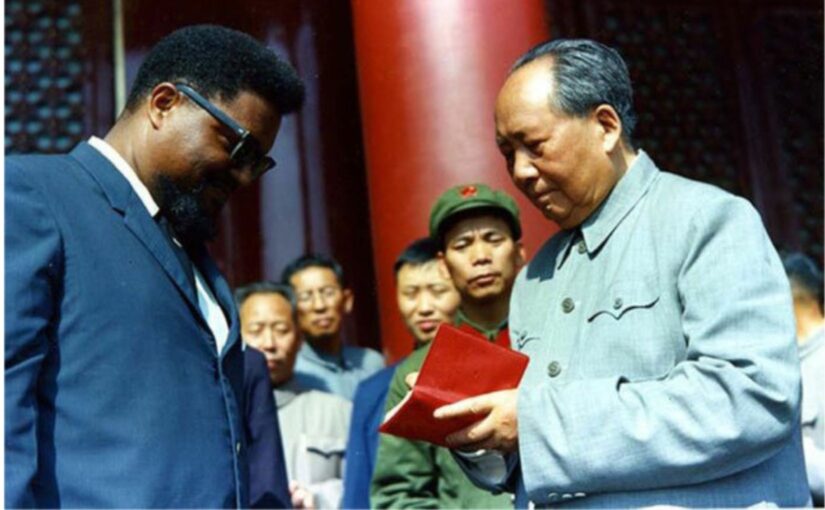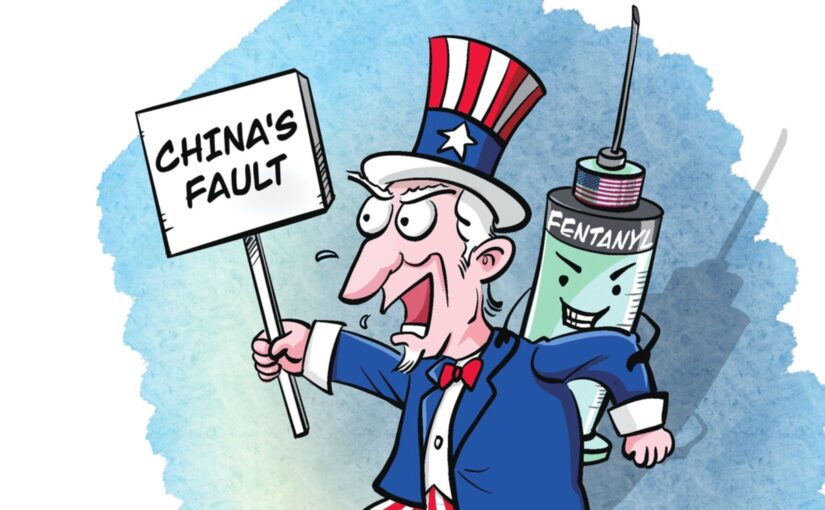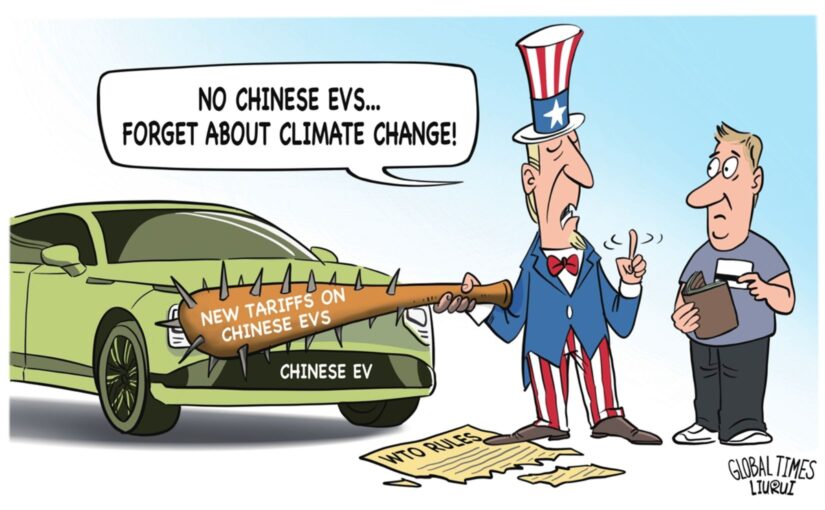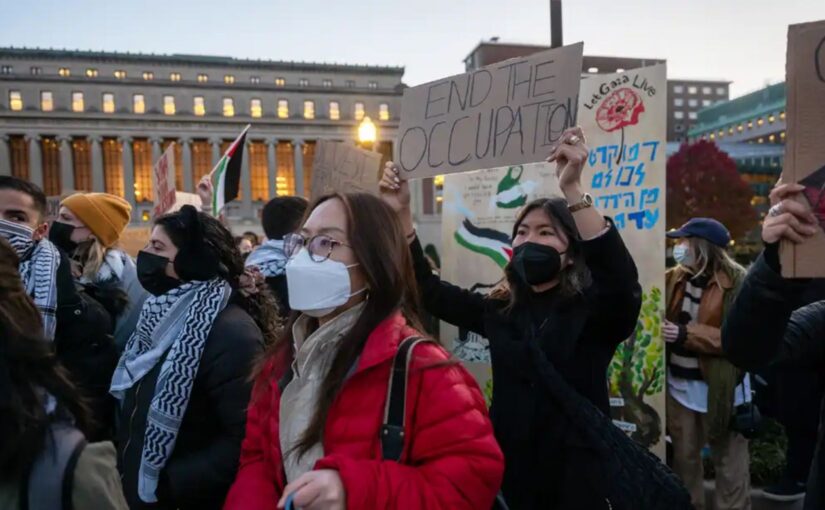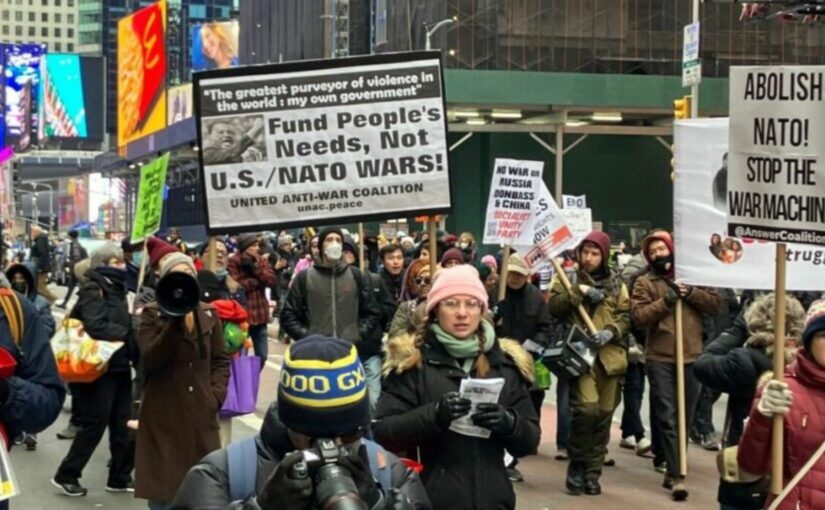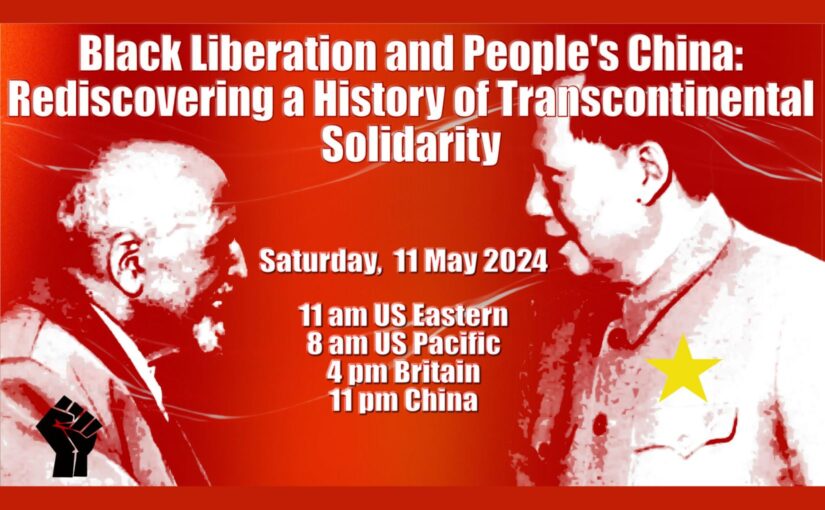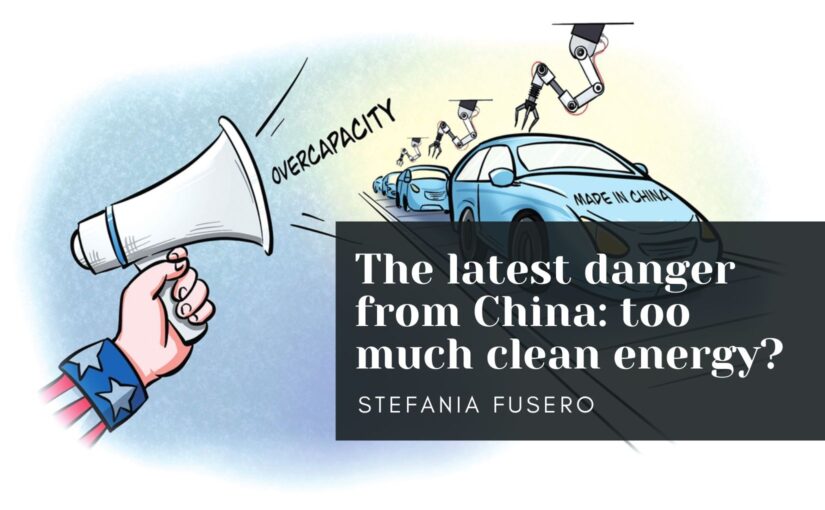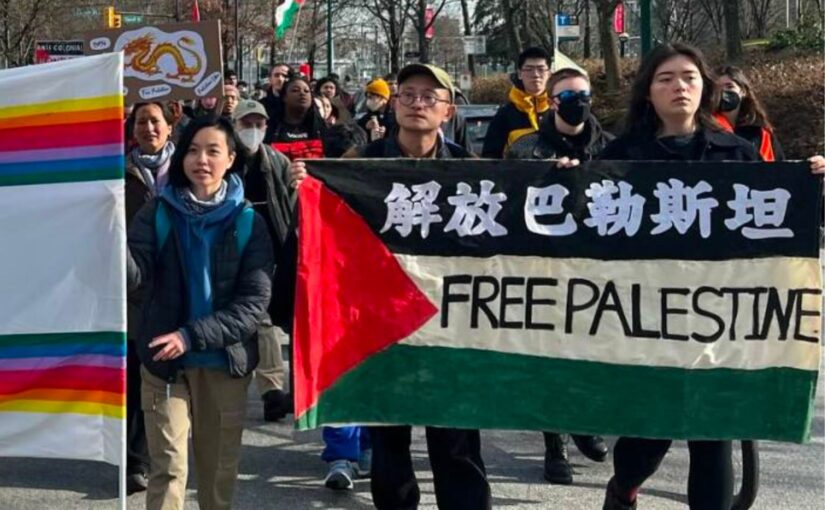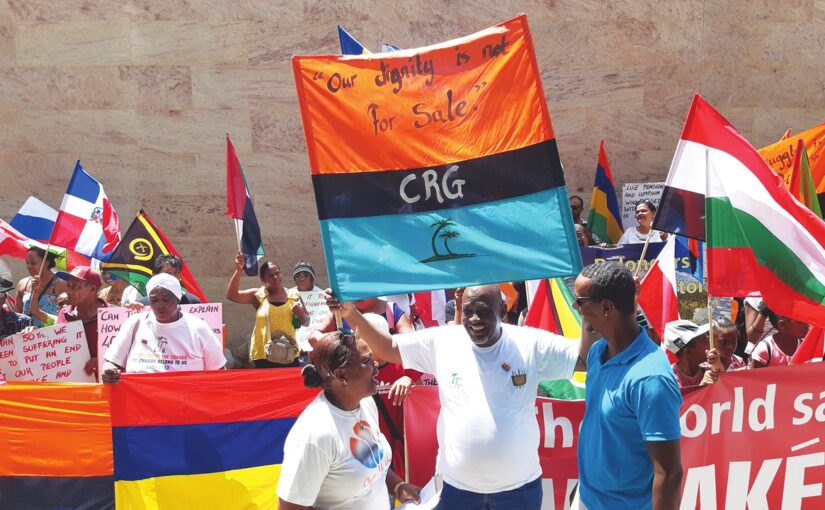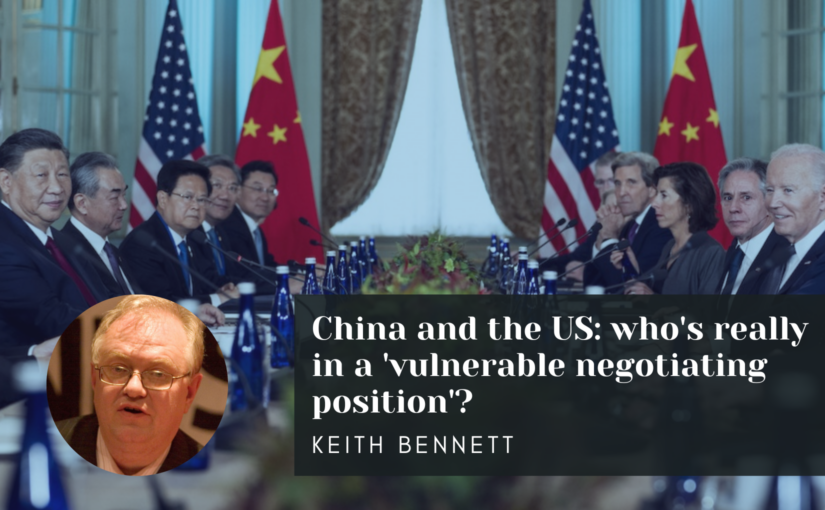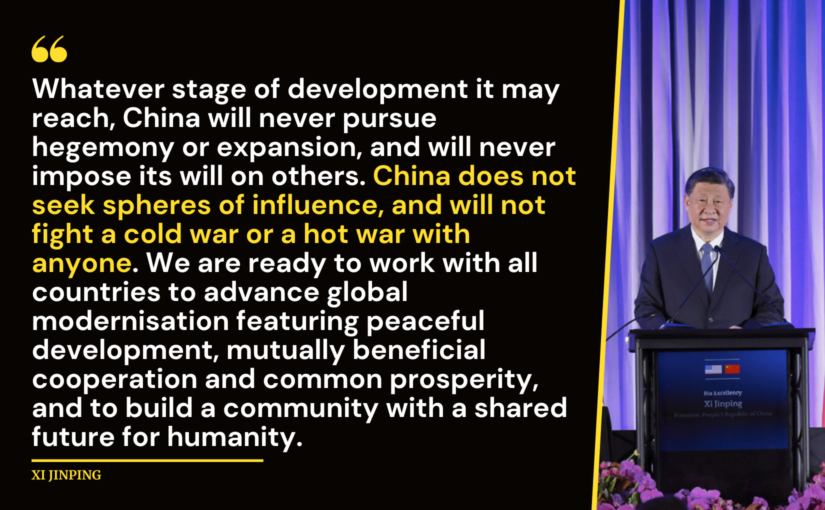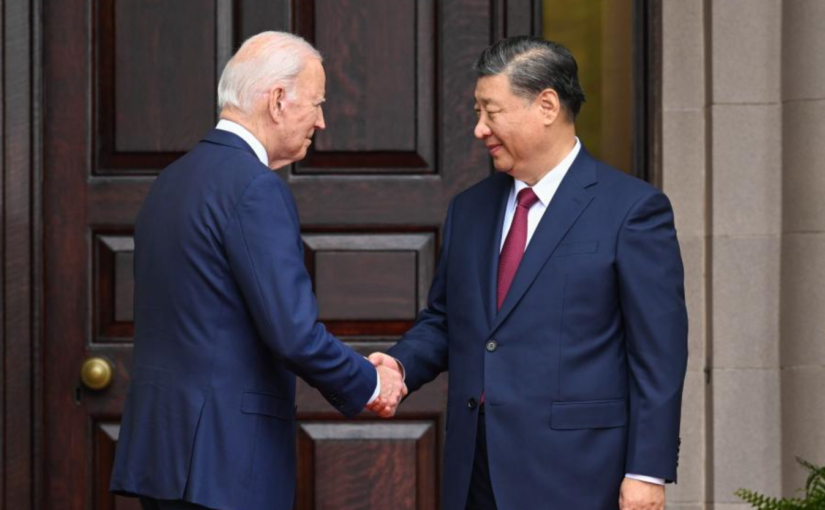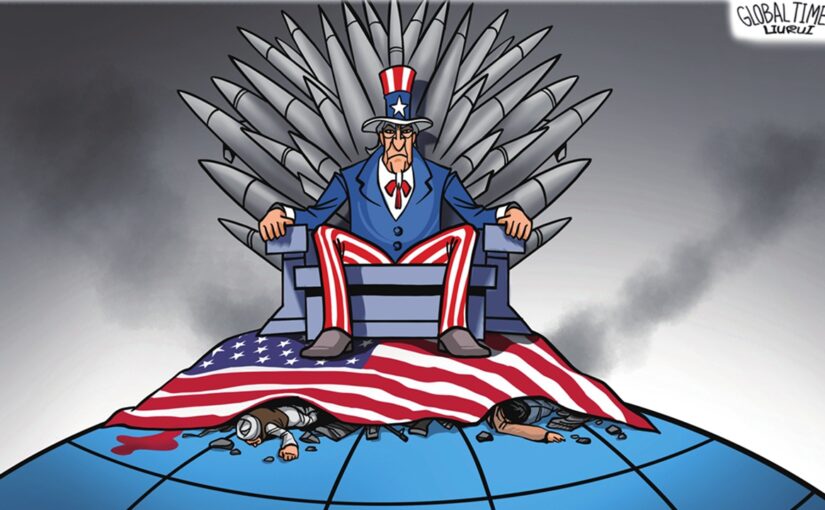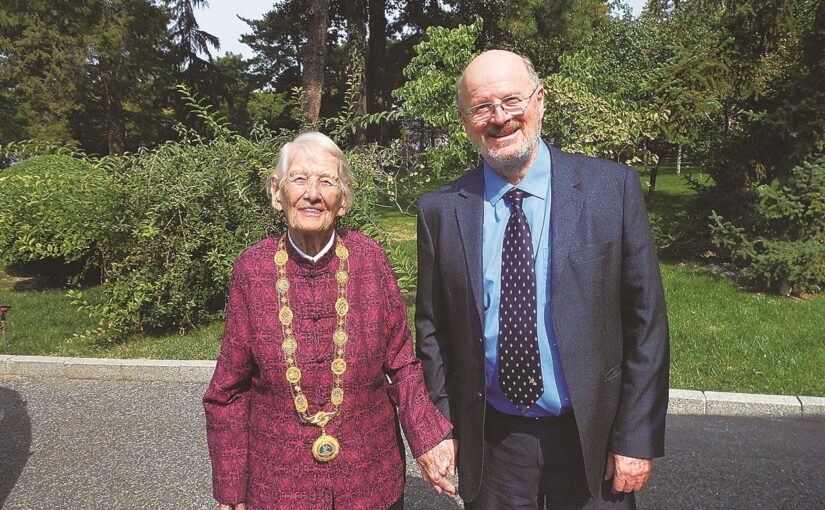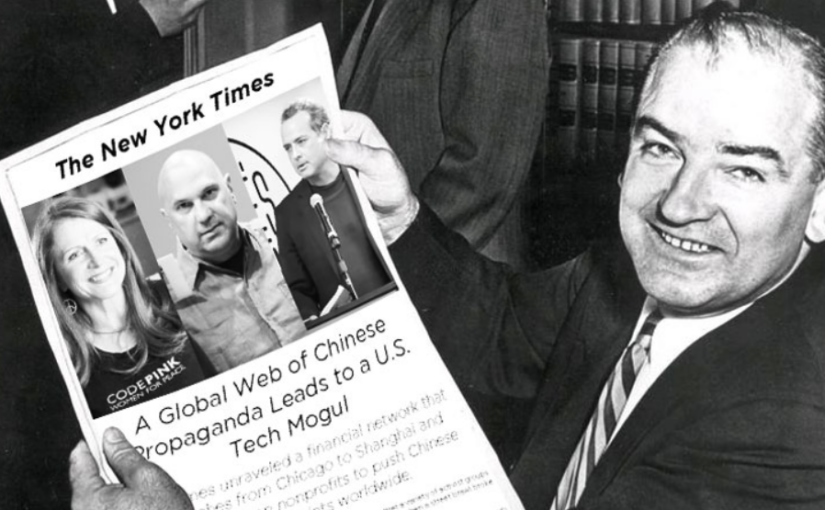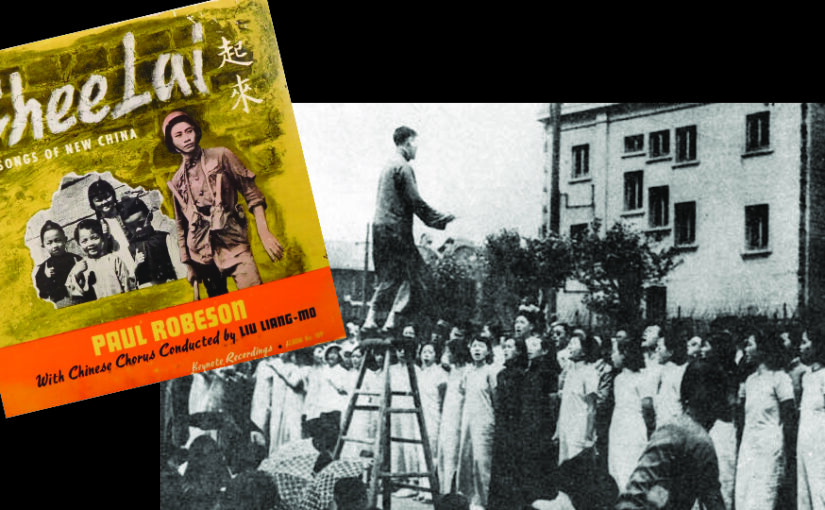The following article by Joe Lombardo, first published in Workers World, reports on the recent United National Antiwar Coalition held in St. Paul, Minnesota, on April 5, 6 and 7. The conference brought together a wide range of progressive and anti-imperialist forces, including Black Alliance for Peace, the US Palestinian Community Network, Veterans For Peace, CODEPINK, US Peace Council, Freedom Road Socialist Organization, Workers World Party, Alliance for Global Justice, Party of Communists-USA, Struggle La Lucha and more.
The various trends at the conference were united around support for Palestinian resistance against occupation, opposition to the genocide in Gaza, opposition to NATO, and opposition to the New Cold War on China. The article notes:
The impending U.S. war against China and how to oppose it was the focus of a major conference plenary, as well as a follow-up workshop where buzzing discussion provided participants with details of the bristling U.S. armada that now threatens China. Bruce Gagnon described the scale of U.S. space weapons blanketing the skies. Mike Wong, former national vice president of Veterans For Peace, gave a close-up view of the true stories in Hong Kong and Xinjiang, while Lee Siu Hin raised the importance of eyewitness delegations and video images to counter official U.S. propaganda’s false pictures of “genocide” and repression — hiding the true role of the CIA in both places.
Along with calling for an end to US aid to Israel and the abolition of the trillion-dollar US war budget, the conference demanded the dismantling of the US’s 800-plus overseas military bases and the unilateral elimination of its nuclear arsenal.
Over 400 antiwar, anti-imperialist and Palestine solidarity activists convened in St. Paul, Minnesota, on April 5, 6 and 7, in the first major conference of the U.S. antiwar movement since before the COVID-19 pandemic. Geographical representation ranged from Maine and New York to California and the Pacific Northwest, and from Minnesota to New Orleans and Florida, as well as Canada. There were international representatives from a number of countries.
More than 50 national and local groups participated — most notably the Black Alliance for Peace, the U.S. Palestinian Community Network, American Muslims for Palestine, Veterans For Peace, CODEPINK, U.S. Peace Council, Green Party Action Committee, BAYAN USA, International League for Peoples’ Struggle, Bolivarian Circle, Just Peace Advocates from Canada, Sanctions Kill Campaign, Task Force on the Americas, China-U.S. Solidarity Network, Freedom Road Socialist Organization, Workers World Party, Alliance for Global Justice, Socialist Action, Party of Communists-USA, Struggle La Lucha and Movement Against War and Occupation.
Conference hosts included Minneapolis-based Women Against Military Madness, local antiwar committees, Twin Cities Students for a Democratic Society and Students for Justice in Palestine. There were community-based groups from around the country including the Bethlehem Neighbors for Peace, Bronx Anti-War Coalition, Virginia Defenders, New Orleans Stop Helping Israel’s Ports, antiwar committees from Dallas and Denver and others.
Ajamu Baraka of Black Alliance for Peace and UNAC’s National Coordinator Joe Lombardo opened the conference, and the Twin City Free Palestine Coalition provided the opening panel, recapping lessons from months of struggle. At sundown Friday, the Twin Cities Free Palestine Coalition hosted a fast-breaking for Ramadan, followed by a Palestinian drum performance.
United for Palestine
The Palestine issue and Palestinian delegations inspired a high level of spirited unity against the U.S.-backed Israeli genocide in Gaza. At its founding 15 years ago, UNAC came together as an antiwar coalition determined to include support for Palestine and united on the demand to “End All U.S. Aid to Israel.”
The Palestinian resistance struggle was a key focus throughout the conference, generating shared determination and strong unity. Other major issues included “No to NATO,” opposition to the U.S. hybrid war against China and resistance to racist U.S. government attacks on migrants and people of color.
Greetings and receptions from the United Nations Ambassador Lautaro Sandino of Nicaragua and Dr. Sidi M. Omar, Ambassador of the Polisario Front of Western Sahara, were highlights of the conference. Ambassador Sandino told participants that the Nicaraguan government has filed a charge against Germany in the International Court of Justice for providing weapons to Israel.
Mnar Adley, founding editor of MintPress News, gave an extremely moving account of her family’s experience living in Jerusalem/Al-Quds during the Israeli crackdown against the Second Intifada of the 1990s. Conference participants also heard a greeting from Olga Sanabria Davila, representing the struggle to decolonize Puerto Rico, while William Camacaro of the Alliance for Global Justice raised accelerating U.S. interventions in Latin America and the significance of the return of diplomat Alex Saab to Venezuela after torturous imprisonment by the U.S.
A video message from the Union of Political Emigrants, speaking from Ukraine about popular resistance to U.S.-backed fascism, along with Jeff Makler and Tom Baker from Socialist Action, addressed the danger of an expanding NATO war in Ukraine.
Stop the U.S. war against China
The impending U.S. war against China and how to oppose it was the focus of a major conference plenary, as well as a follow-up workshop where buzzing discussion provided participants with details of the bristling U.S. armada that now threatens China. Bruce Gagnon described the scale of U.S. space weapons blanketing the skies. Mike Wong, former national vice president of Veterans For Peace, gave a close-up view of the true stories in Hong Kong and Xinjiang, while Lee Siu Hin raised the importance of eyewitness delegations and video images to counter official U.S. propaganda’s false pictures of “genocide” and repression — hiding the true role of the CIA in both places.
K.J. Noh, noted Korean researcher and analyst, provided valuable details of ongoing U.S. war plans against China and the ominous threats by U.S. generals of war with China by 2025. Dee Knight, an author and GI resister during the Vietnam War, raised a proposal to build large-scale support for the right of active duty U.S. soldiers and sailors to say no to being sitting ducks and cannon fodder in extremely dangerous U.S. war moves against China.
Sara Flounders of Workers World Party posed the setbacks and defeats confronting U.S. imperialism — Afghanistan, Syria, Ukraine and the global turning point of resistance in Gaza driving U.S. imperialism toward war with China — a desperate attempt to reassert its fading global economic position by military means.
Defending our movement, confronting repression
A key part of the conference program was fighting repression across the U.S. Mick Kelly opened the session by recounting the unity built by the Antiwar 23 against FBI frame-up charges. The panel focused on the “Uhuru Three,” leaders of the African People’s Socialist Party, who are being prosecuted for opposing the U.S. proxy war against Russia; and Efia Nwangaza on the campaigns to Stop Kop Cities.
Roger Harris described the international campaign to gain the return of diplomat Alex Saab to Venezuela. Colleen Rowley focused on the mobilization for Julian Assange, while Tom Burke described the continuing campaign to free Colombian Simon Trinidad, currently held in a U.S. prison. Mel Underbakke described the two decades focused on the hundreds of FBI frame-ups of Muslims to justify the so-called U.S. War on Terror.
The conference took months in planning, with over 60 sponsoring organizations, all of which experienced a major surge in street actions in the past six months, since the Palestinian resistance forces broke out of military encirclement in Gaza last October 7.
Action Plans
Major action plans discussed in workshops and approved at the conference included:
- Support for May 1/May Day actions as Workers Day to Defend Palestinian Resistance,
- Major national protests at NATO’s 75th Anniversary Summit July 6-7 in Washington, D.C.
- Mobilization against the Republican National Convention July 15-18 in Milwaukee and the Democratic National Convention Aug 19-22 in Chicago.
- A call to oppose the “RIMPAC” naval war games in the Pacific in July, sponsored by ILPS and BAYAN.
The conference called for ending all U.S. aid to Israel, opposing all U.S. wars, abolition of the trillion-dollar U.S. war budget, shutting down the 800-plus U.S. military bases around the world and elimination of nuclear weapons worldwide starting with the U.S. arsenal.
There were 16 workshops during the conference, providing ample time for participants to discuss and make proposals. Focus topics included Palestine organizing across the U.S.; the ominous U.S. Pivot to Asia; tactics in bringing anti-imperialist issues into community, workplace and school settings; tactics in movement building; building Zones of Peace in the Americas; challenging U.S. sanctions and hybrid warfare; imperialism out of Africa; and connecting climate change and climate justice to war.
In the final plenary, a full range of resolutions and action plans were developed that reflected the cohesion and level of unity at the conference. Margaret Kimberley, senior editor of Black Agenda Report, gave the concluding talk to a resounding ovation.
